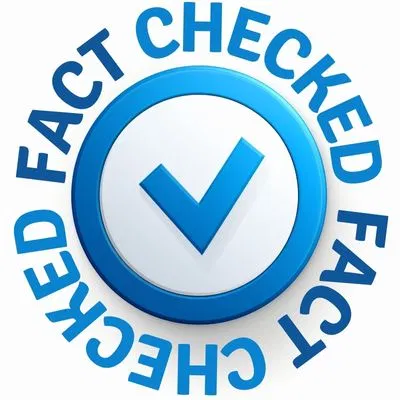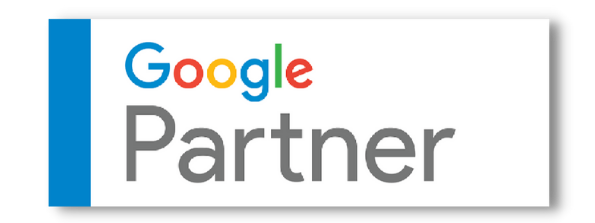What is an H1 Tag, and How Might it Benefit My SEO?

Published February 02, 2023
H1 tags give your page greater structure for users, and search engines can see a clear description of your page’s content, making your website more accessible and effective. It is widely known that H1 tags have always played an essential role in SEO ranking, and the importance of these tags has remained the same. Because H1 tags are important factors in determining a site’s ranking in search engines, it is necessary to learn exactly “what is an H1 tag?” and how to use them properly.
What is an H1 Tag in HTML?
An H1 tag in HTML (HyperText Markup Language) heading is used to indicate your page’s primary subject. In addition, the H1 tag appears first and informs search engines about your page’s expected content. Moreover, headings can help users grasp your page’s content more easily.
HTML features six different heading tags (H1, H2, etc.), allowing for multiple headings on each page. The H1 tag is the most important, while the H6 tag is the least. The code of your webpage has the H1 text enclosed in <H1> and </H1> tags.
How can H1 Tag Benefit SEO?
Despite not being a proven ranking factor, H1 tags play an important part in SEO. Just like your users, search engines analyze your H1s to know about the content of your pages. The H1 should be as descriptive as possible.
SEO used to be about meeting all of the technical standards, but these days it’s more about providing an excellent user experience and making your site easy to navigate. An H1 tag, unlike an HTML title tag, does not direct search engines on what to display. However, it affects the user experience, which is an important factor for SEO.
In fact, many people use the same H1 and HTML title tag so that they match when people click through to the page.
The H1 tag serves as the page’s title. While the title tag is what appears in search engine results, the H1 tag is what users see while browsing the page.
Appropriately constructed H1 tags can make a big difference in your content’s search engine rankings and the engagement you receive from users.
Are There H1 Tag Guidelines to Improve SEO?
When constructing an H1 tag, it’s important to remember a few guidelines. If you want your website to rank well in search engines, you should spend some time on the H1 tag and write a perfect heading. Here are six guidelines for using the H1 tag to better your SEO.
1. H1 Must be Similar to Title Tags
Title tags are featured on search results pages (SERPs) and at the tab in the web browser. In comparison, H1 tags are what the user sees on the webpage, often in large font sizes.
Google suggests that you match your H1 tag and title tags to avoid incorrect article titles from appearing in search results. H1 and title tags don’t have to be identical but must be similar.

2. Include Target Keyword in H1
A webpage will likely get a high ranking for a search query if that page has an H1 that is relevant to that query.
It is also important to incorporate your target keyword on the page in order to make the topic of the page clear to the users.
3. Only Use One H1 Per Page
Using only one H1 establishes hierarchy and provides a more logical layout for your page. The H1 serves as the main topic; the H2s are for the subheadings that are important; the H3s are for supporting subheadings, and so on.
Each page should only use a single main topic or headline, and that’s the only H1 you should have. In addition, every significant page must have one.
4. H1 Tags Must be Below 60 Characters
Your writing will be more effective if it is simple and concise. It is the same for H1 tags and other headings.
The recommended length is around 50 to 60 characters, just like meta title tags.
5. Satisfy User Search Intent
A user’s search intent is their primary goal when looking for information online.
Your H1 should inform the reader instantly that you will meet their search intent. In other words, your content will provide users with what they need.
So What is an H1 Tag Exactly?
To attract the reader’s attention and provide a clear indicator of the page’s content, you should use H1 tags on all of your site’s important pages. When you have excellent H1 tags, especially when they match the title tags, they can significantly impact your SEO performance.
Hire The Digital Marketing Experts
We take online businesses and turn them into online empires by employing smart digital marketing strategies. Our team of experts are trained in a myriad of marketing skill including SEO to help you rank higher in search results, and ad management to ensure your message gets seen by the people you want. Need a business website that attracts business? We also specialize in website design and online sales optimization to help your business grow like never before.

This Content Has Been Reviewed For Accuracy By Experts
Our internal team of experts has fact-checked this content. Learn more about the editorial standard for our website here.

About The Author
Krizzia Paolyn, is an SEO Specialist and author based in the Philippines. She holds a bachelor’s degree in Psychology. It has always been her passion to share her voice, and at the same time, to encourage others to share their voices as well. You can connect with her on LinkedIn.



